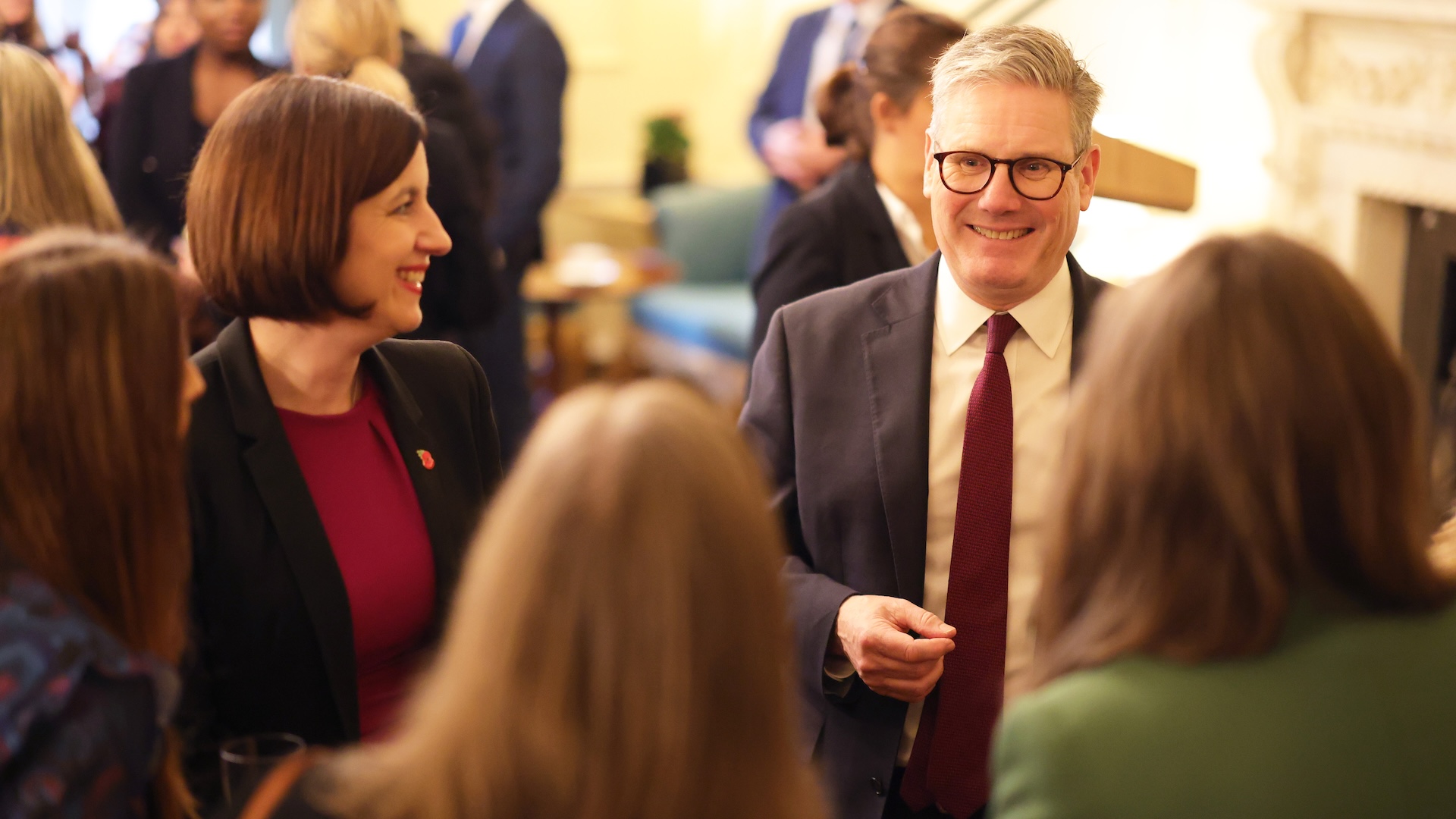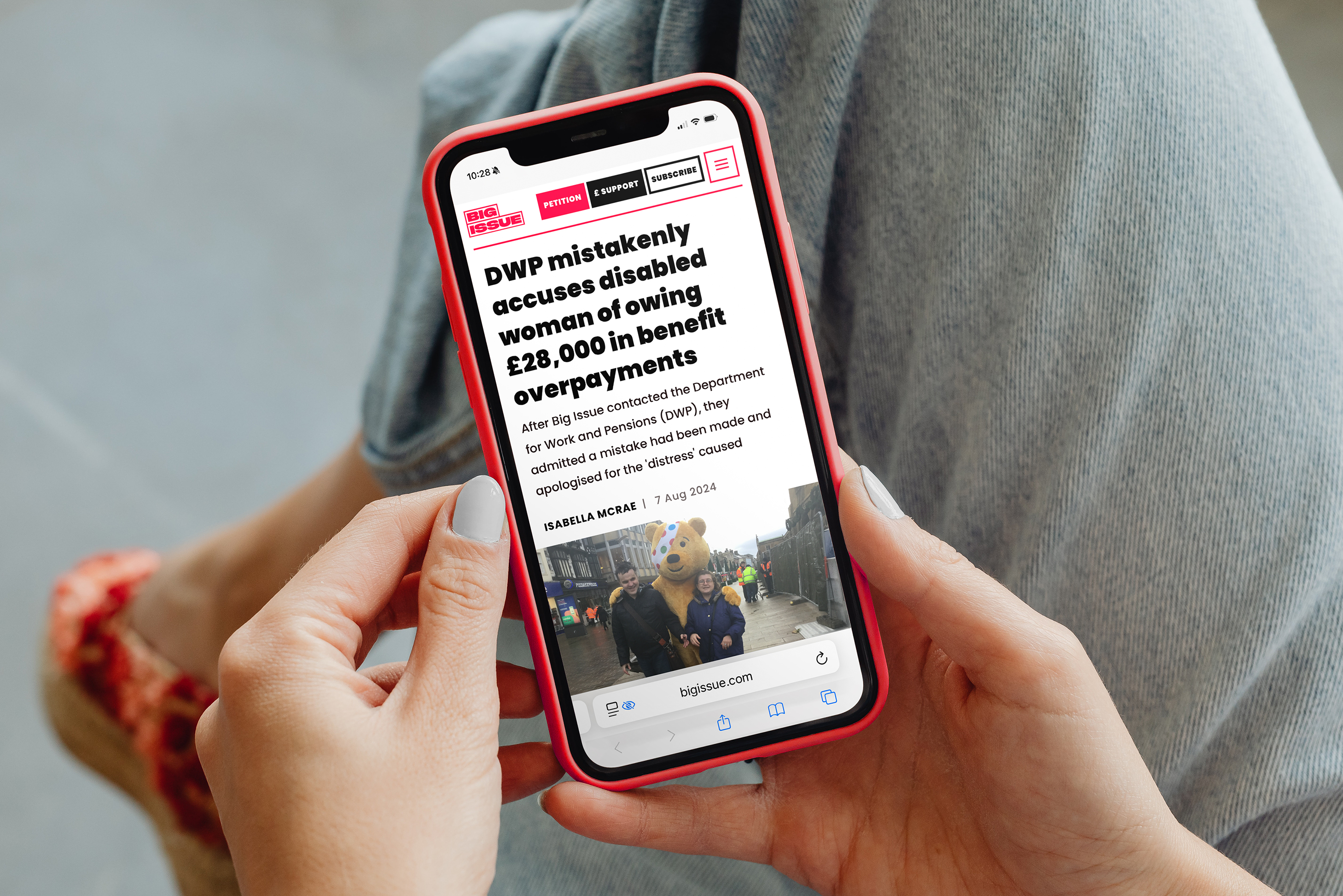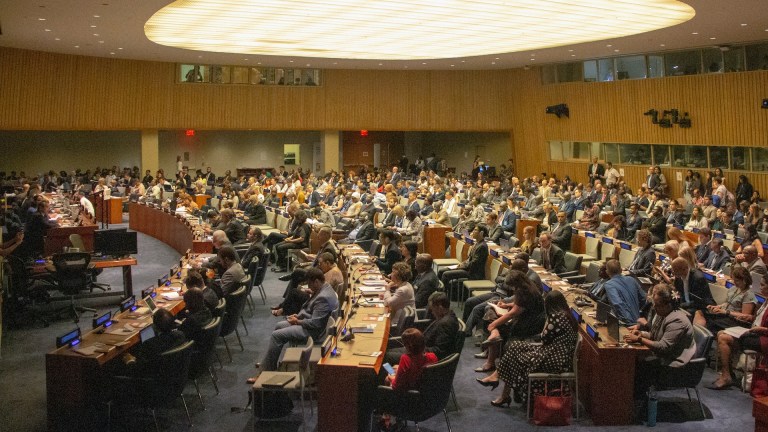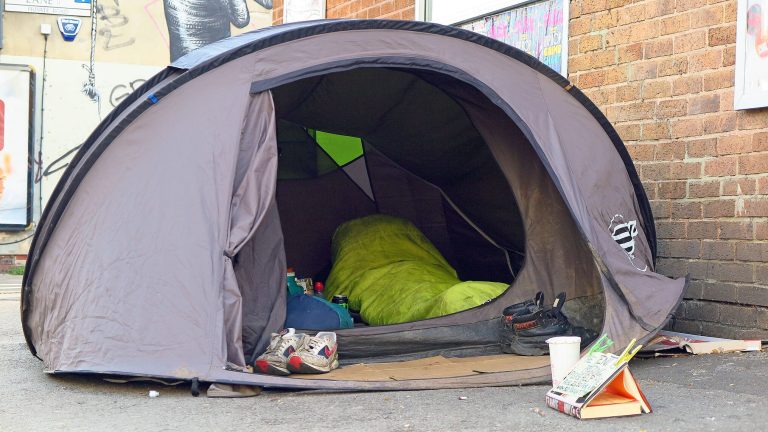Both reports call for urgent action on the crisis in provision that’s failing disabled children, and recommendations range from improving inclusion in mainstream settings to better accountability.
The select committee also emphasises the department’s failure to define inclusive education and recommends that it refer to the United Nations Convention on the Rights of Disabled People’s (UNCRDP) definition and provide examples of good practice within three months.
These are logical recommendations, but it’s not yet clear how they will influence the department’s upcoming proposals. If someone wants to understand what inclusion looks like, it’s unlikely they’ll find the answer in our current SEND system.
England’s SEND system is infamously hard to access. It’s unnecessarily complicated, endlessly bureaucratic, and institutionally ableist. To engage with it on any level requires a significant amount of time, capacity, and expertise.
EHCPs – the legal document that outlines a child’s support – are a battle to get. Only 25% of disabled pupils have access to one, leaving approximately 1.2 million disabled pupils without. EHCPs are reserved for those considered to have the ‘most severe’ needs, and support is routinely gate-kept.
Parents are forced to fight at tribunal for what their child is entitled to (including access to an EHCP and the contents of one), and tribunal outcomes vividly demonstrate the extent of failings by the current system.
Advertising helps fund Big Issue’s mission to end poverty
According to research by Special Needs Jungle, during 2023 to 2024, councils spent more than £165 million at tribunals – over £600 million since EHCPs were introduced – and lost 98.7% of cases. It means that almost 100% of the time, a council’s first decision was unlawful. But it’s disabled children and their families who are scapegoated for the unmanageable SEND deficit.
Although we don’t yet know the details of the Department for Education’s proposals, it appears that their solution is to target rights and limit access to EHCPs.
Government SEND advisor Dame Christine Lenehan has also alluded to restricting EHCPs to pupils in specialist settings, or to those who require additional support outside of education (including health and social care). The government can see how much time and resources are drained through SEND tribunals. But their response seems to be to limit access to it, rather than challenge why so many families are forced to fight for equal access to education and create more tools for accountability.
The barriers we face in education extend beyond the battle for support. We face double the rate of bullying, are significantly more likely to be permanently excluded, and parents are being criminalised for protecting their children from unsafe settings.
All of this systemic injustice makes disabled people three times less likely to hold any qualifications than non-disabled people, and more likely to experience poverty. The education system was never built for us, and any education reform that aims to achieve inclusion requires ambition andtransformation – not cuts and scapegoating.
Liberal Democrat leader Ed Davey warned the prime minister about SEND reforms on Monday (22 September), saying he could “score a hat trick” when it comes to failing to listen to those most affected by recent cuts. This comes after some of the worst cuts to disability benefits that we’ve ever seen, as well as cuts to winter fuel payments. The government can’t claim to prioritise ‘pathways to work’ for disabled people if they then plan to slash support in education.
Advertising helps fund Big Issue’s mission to end poverty
Any restrictions to EHCPs and attacks on our rights will cut the few lifelines to support that currently exist and leave disabled young people much worse off. If the government’s priority is to support us into work, then targeting rights and blaming us for its own failures won’t help. Increasing funding and tackling institutional ableism might.
Bethany Bale is an education campaigner at Disability Rights UK.
Do you have a story to tell or opinions to share about this? Get in touch and tell us more.
Reader-funded since 1991 – Big Issue brings you trustworthy journalism that drives real change.
Every day, our journalists dig deeper, speaking up for those society overlooks.
Could you help us keep doing this vital work? Support our journalism from £5 a month.
Advertising helps fund Big Issue’s mission to end poverty





